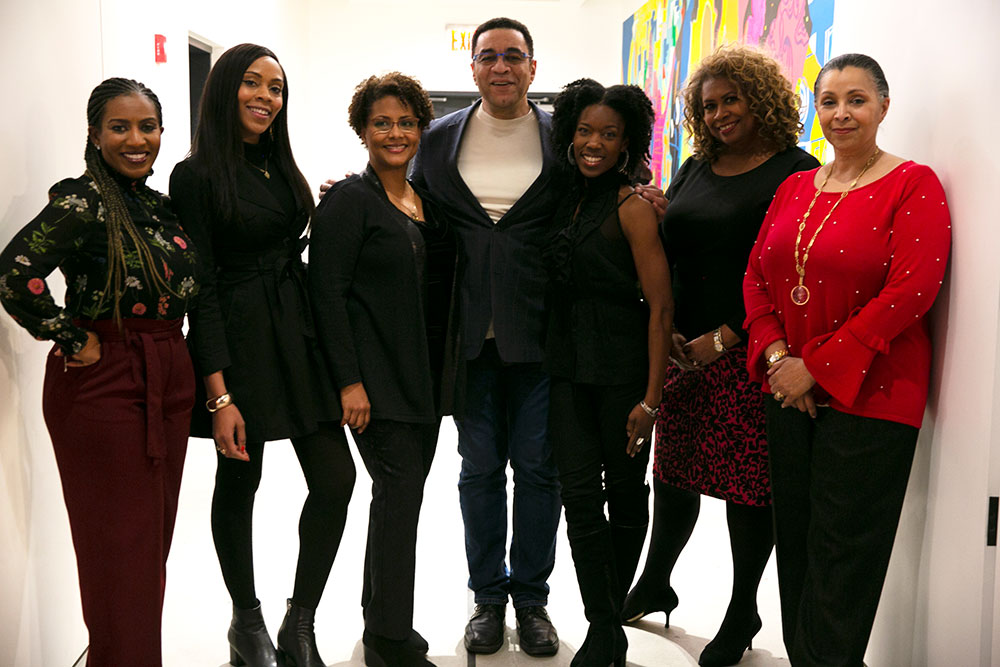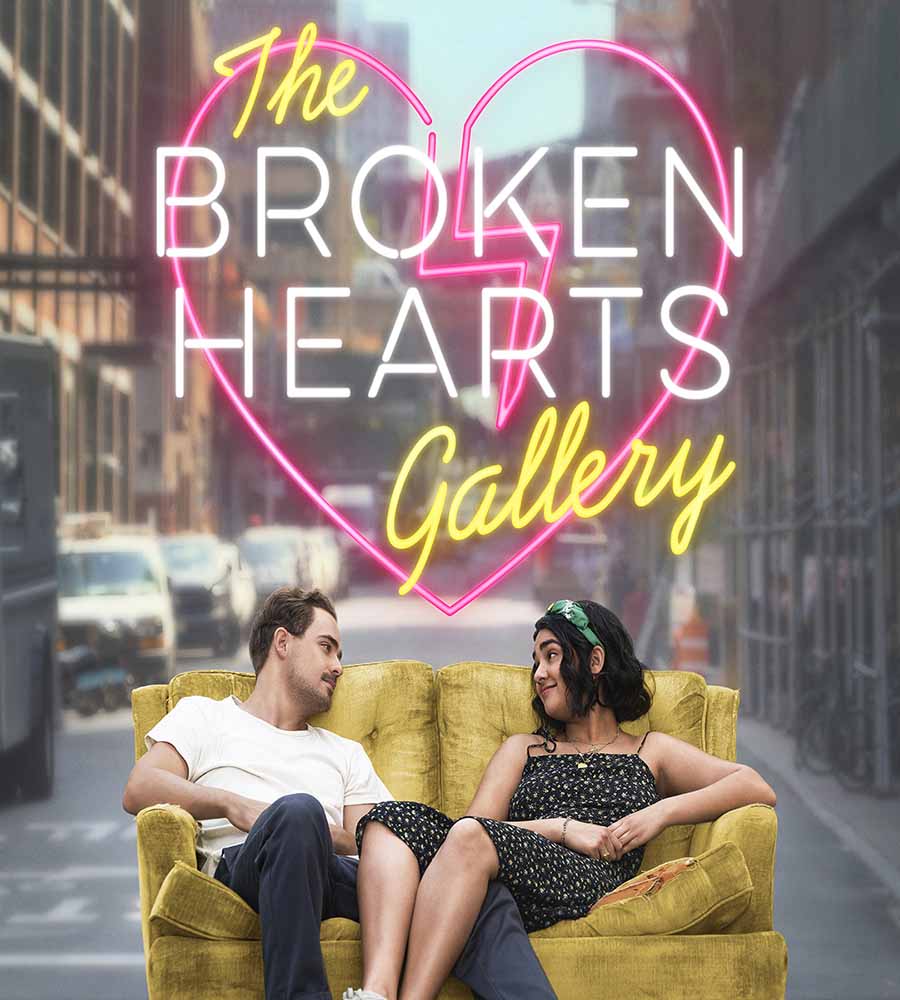Women in Investigative Journalism: A Discussion with Mariana van Zeller
The Geena Davis Institute hosted a virtual screening of “Trafficked” with journalist Mariana van Zeller. A captivating discussion followed, which covered global trafficking, its root causes, and the challenges faced by women in investigative journalism. Key insights included the complexities of trafficking, media’s role in creating change, and the importance of empathy in journalism.
Representation in Media: Storytelling and its Impact

At 72andSunny in Brooklyn, the Tryin’ to Sleep in the Bed You Made event celebrated storytelling’s impact on culture. The evening emphasized the need for diverse media representation to reflect and empower underrepresented communities.
Heartbreak and Healing: A Conversation on “The Broken Hearts Gallery”

The Geena Davis Institute hosted a virtual event with Natalie Krinsky, writer-director of “The Broken Hearts Gallery,” and actor Molly Gordon. The discussion centered on themes of love, loss, and emotional resilience. Attendees gained insights into the film’s diverse representation, impactful storytelling, and the importance of self-belief in the creative process.
